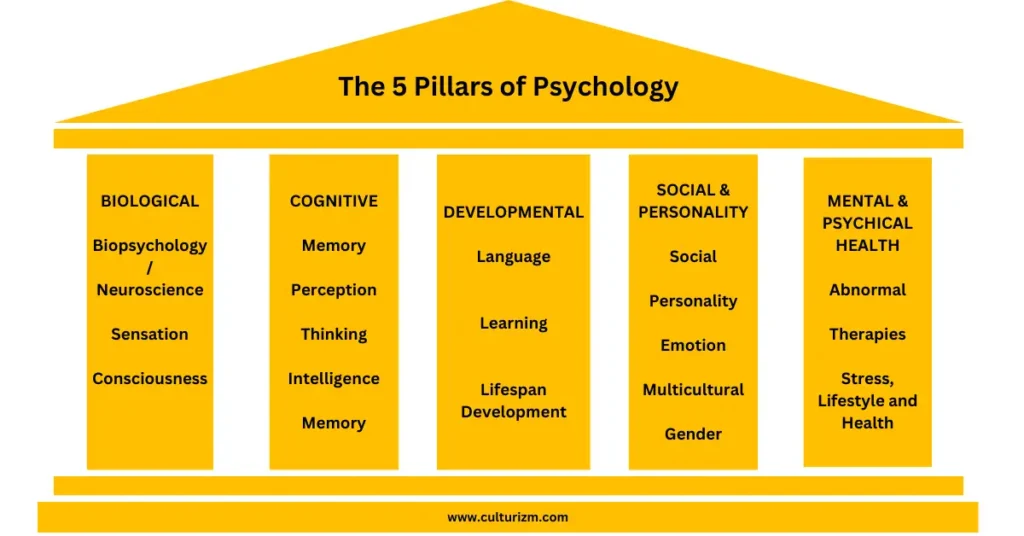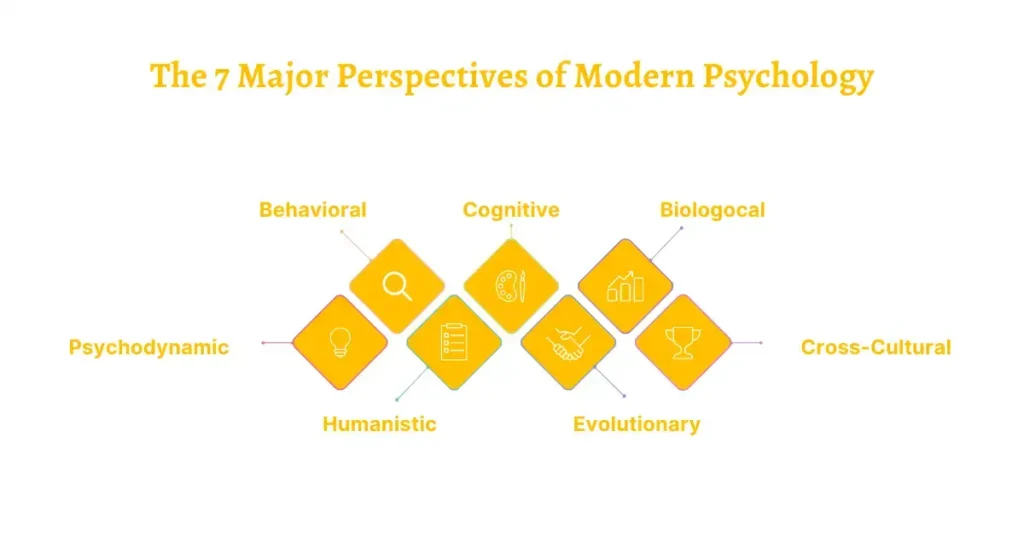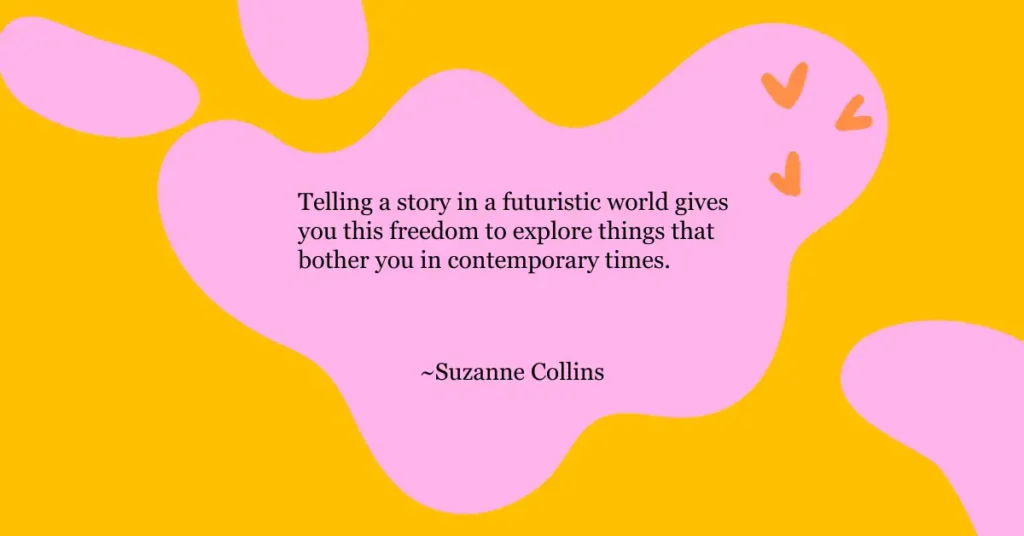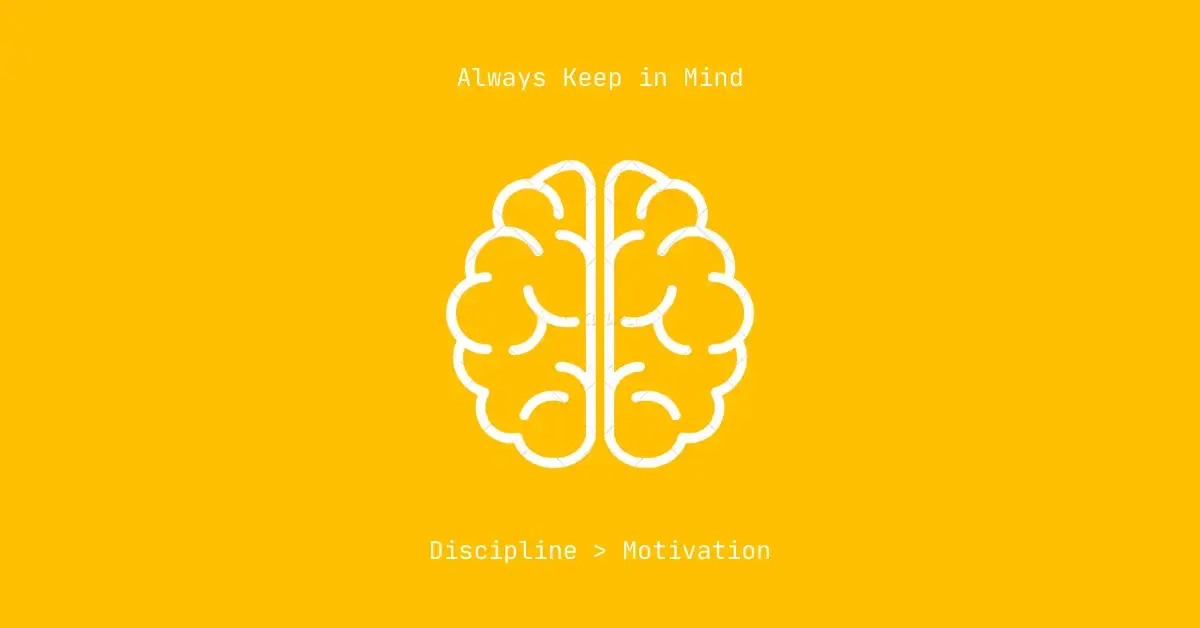Contemporary psychology unravels the human mind and behavior, blending historical insights with modern techniques to enhance mental well-being. This concise guide explores its key areas—cognitive, social, developmental, and clinical psychology—and reveals how current research leads to breakthroughs in understanding ourselves.
What is Contemporary Psychology?
When trying to understand the term “contemporary psychology,” it is essential to first grasp its roots. Psychology, as a scientific discipline, has gone through significant transformations over the years.
Contemporary psychology is the integration of historical psychological theories with modern perspectives on human thought and behavior. This multidisciplinary field, inclusive and ever-evolving, unlocks the secrets of the human mind and paves the way for improved mental health and well-being.
One defining aspect of contemporary psychology is its multidisciplinary nature. This field not only acknowledges the various perspectives that traditional schools of psychology have contributed, but it also integrates these ideas with new research and technology. For example, psychologists today might draw from biopsychology and evolutionary psychology and combine these with modern research methods such as neuroimaging. This multidisciplinary approach helps in understanding the human mind better and results in innovative and practical applications in mental health, education, and the workplace.
Major Contributions to Contemporary Psychology
Contemporary psychology is a vibrant and diverse field, influenced by all historical perspectives in the discipline. This ever-evolving branch of science has witnessed several major contributions that have shaped its landscape.
One of the significant advancements in contemporary psychology comes from the field of neuroscience. Pioneering researchers have explored the relationship between the brain and behavior, giving us new insights into mental processes and the neural factors that influence them. This has opened up doors for the development of therapies and treatments for a wide range of mental disorders.
Another remarkable contribution is from the realm of developmental psychology. Researchers like Mary Ainsworth shed light on how attachment and bonding between children and caregivers affect our personality and behavior. This knowledge has aided in designing interventions that promote stable attachment patterns, enhancing the emotional well-being of children and their families.
Moreover, the exploration of human cognitive abilities has provided valuable insights into our decision-making processes. A notable example is the work of Daniel Kahneman, who even won a Nobel Prize in Economics for his research on psychological aspects of decision-making.
Lastly, contemporary psychology has championed the study of diverse populations and cultures. This has led to the recognition of the importance of cultural factors in shaping human cognition and behavior. Understanding these complexities vastly enriches our knowledge and allows us to develop more effective interventions tailored to individual and cultural needs.

Biopsychology and Evolutionary Psychology
When exploring the domain of contemporary psychology, we come across the fascinating fields of biopsychology and evolutionary psychology. These two interconnected branches aim to understand the complex relationship between our biology, behavior and thought processes. So, let’s delve into what these fields entail and their significance in understanding what is contemporary psychology.
Biopsychology, also known as biological psychology, investigates how our biology influences our behavior. It examines the structure and function of the nervous system, as well as the immediate physiological causes of behavior in humans and animals source. Biopsychology often focuses on the study of the brain, neurotransmitters, hormones, and genetics to uncover the biological basis of our emotions, thoughts, and actions.
On the other hand, evolutionary psychology digs deeper into the origins of our behavior by studying the ultimate biological causes source. Evolutionary psychologists presume that human behaviors are shaped by the physical and psychological predispositions that helped our ancestors survive and reproduce source. By closely examining the evolutionary history of our species, we can gain insights into the adaptive significance of our mental processes and behavior patterns.
Impacts of Data and Settings in Contemporary Psychology
So, what is contemporary psychology? In a nutshell, it’s the scientific study of human behavior and mental processes using current theories, methods, and approaches. One essential aspect of contemporary psychology involves the collection, analysis, and interpretation of data in various settings.
Data in Contemporary Psychology
In contemporary psychology, data plays a crucial role in understanding human behavior and mental processes. Researchers collect data through numerous methods such as experiments, observations, surveys, and interviews. This data, both qualitative and quantitative, helps psychologists in:
- Identifying patterns and trends in human behavior
- Testing hypotheses and theories
- Developing new interventions and treatments
- Evaluating the effectiveness of existing interventions
Settings in Contemporary Psychology
Contemporary psychology is practiced in a variety of settings, each with unique challenges and opportunities. Some common settings include:
- Educational settings: Psychologists in schools and universities study learning, motivation, and cognitive development. They also collaborate with educators and parents to support students’ mental well-being and academic achievement.
- Criminal justice: Psychologists contribute to the understanding of criminal behavior and assist in developing rehabilitation programs, profiling, and assessing risks.
- Hospitals: Clinical psychologists diagnose and treat patients with mental health disorders, often collaborating with psychiatrists, social workers, and other health professionals.
- The armed forces: Military psychologists address the mental health needs of service members, providing support for stress management, recovery from trauma, and family issues.
- Industry: Organizational psychologists study work environments and suggest improvements to enhance employee motivation, satisfaction, and productivity.

Relationship and Sexuality in Contemporary Psychology
As we dive into what is contemporary psychology, we find a growing focus on the complexities of relationships and sexuality. As fundamental aspects of human life, they have been explored in various ways across the discipline.
In recent years, mental health professionals have recognized the intersection between mental health, relationships, and sexuality. For instance, Kate Balestrieri’s Modern Intimacy explores the role that our intimate relationships play in our overall well-being.
One major topic relevant to relationships and sexuality is the psychology of human sexuality, which delves into the biological, psychological, and sociological aspects of individuals’ sexual behaviors and attractions. This area of study is essential for understanding the profound effect that sexuality can have on our thoughts, feelings, and actions, as discussed by Thomas Edison State University.
One fascinating area of study is the contemporary theory of intimacy, desire, and sexuality. Researchers are trying to integrate perspectives from biology, evolution, psychology, and culture to form a more comprehensive understanding of romantic love, sexual desire, and sexual orientation. You can learn more about such interdisciplinary approaches in this Academic OUP chapter.
In summary, relationships and sexuality constitute vital components of contemporary psychology. As our understanding of these topics expands, we continue to gain deeper insights into the interconnected web of human emotions, motivations, and behaviors.
Cultural Perspectives in Contemporary Psychology
Cultural psychology can be seen as a fascinating fusion of disciplines. It brings together psychologists, anthropologists, linguists, and philosophers to explore how cultural meanings, practices, and institutions influence and reflect individual human psychologies. This interdisciplinary approach allows for an in-depth understanding of the interplay between culture and psychological processes.
In contemporary psychology, culture plays a significant role in shaping our cognitive processes, emotions, and behaviors. This perspective acknowledges that people’s experiences and worldviews are products of their specific cultural contexts. By focusing on the cultural aspects, psychologists can provide a more holistic understanding of mental processes and social interactions.
In addition, cultural perspectives enrich our understanding of variations in psychological phenomena across different populations. For example, emotions like happiness can be manifested and experienced differently in diverse cultural contexts. By examining these differences, contemporary psychology can effectively identify and address culture-specific mental health issues, leading to better-targeted interventions and treatments.
Contemporary Psychology in Applications
In the realm of cognitive psychology, it aids in enhancing learning and problem-solving abilities. Educational institutions, for instance, apply contemporary psychology to develop teaching techniques that cater to diverse learning styles, thus benefiting students.
Clinical psychology is another area where contemporary psychology shines. By understanding and addressing emotional, mental, and behavioral disorders, therapists can provide targeted, evidence-based interventions. This enables individuals to overcome obstacles and achieve mental well-being.
In the field of social psychology, contemporary insights prove valuable in promoting harmonious interpersonal relationships. By investigating social influences, attitudes, and group dynamics, it becomes easier to understand the factors that encourage collaboration and prevent conflict.
Developmental psychology focuses on understanding human growth and change through various life stages. Here, contemporary psychology helps in comprehending milestones and challenges associated with aging, enabling professionals to design appropriate interventions and support systems.
Neuroscience is another critical aspect of contemporary psychology. By studying neural processes, psychologists gain insight into the biological underpinnings of behavior and cognition. This knowledge can be invaluable in developing treatments to address neurological and psychological issues.
As you can see, contemporary psychology plays a vital role in a wide array of applications. By mastering our understanding of the human mind and behavior, we can create a better world for ourselves and future generations.

Learning and Intelligence in Contemporary Psychology
Learning is the process by which we acquire new knowledge, skills, and behaviors from our experiences. This fundamental aspect of our lives comes in various forms, such as classical conditioning, operant conditioning, and observational learning. Understanding the mechanisms of learning enables us to find effective ways of teaching and retaining information.
On the other hand, intelligence is often thought of as the ability to solve problems, reason, think abstractly, and learn from experiences. Traditionally, it has been measured using IQ tests, but contemporary psychologists recognize that intelligence is a multifaceted construct. Researchers now look at multiple intelligences, embracing linguistic, logical-mathematical, musical, and other forms of intelligence that contribute to our overall cognitive abilities.
It’s important to note that learning and intelligence are interconnected. For instance, one’s intelligence may impact their learning capabilities, such as understanding complex concepts or processing new information quickly. Conversely, effective learning strategies can enhance cognitive growth, resulting in higher levels of intelligence. As contemporary psychology continues to evolve, so does our understanding of these critical, dynamic concepts that shape our daily lives.
FAQ
What is the definition of contemporary psychology?
Contemporary psychology unites classic theories with current insights to form a holistic study of human cognition and behavior, blending the old with the new for a comprehensive understanding.
What is the main focus of contemporary psychology?
Contemporary psychology’s core aim is comprehending human behavior and cognition. Combining past theories and modern breakthroughs provides a holistic view of the intricate human mind, ultimately enhancing individual well-being through practical applications.
What is an example of contemporary psychology?
The cognitive-behavioral approach in contemporary psychology blends cognitive and behavioral principles, enabling a comprehensive exploration of the connection between thoughts and actions. This integration facilitates the creation of impactful interventions.
What is the difference between psychology and contemporary psychology?
Psychology is broad, encompassing diverse theories and approaches, while contemporary psychology is more modern and integrated, combining traditional theories with current insights to better comprehend human behavior and cognition.
We’d love to hear about your thoughts on our blog post about “What is Contemporary Psychology“. Please feel free to share your experience with us in the comments section below.
If you want to keep reading more from us, have a look at these articles.







